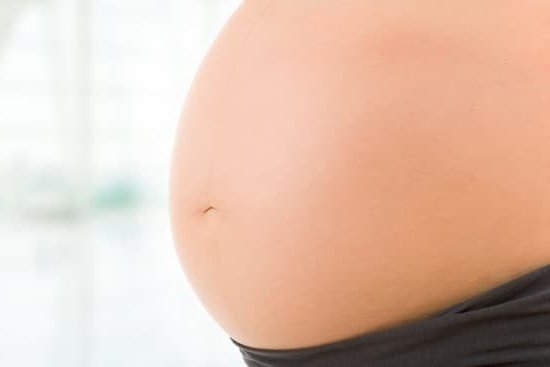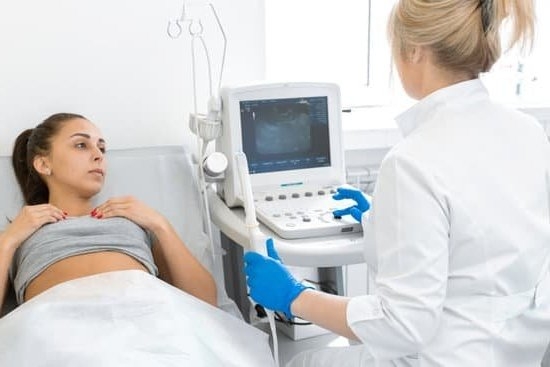Chest Pain and Pregnancy – Causes, Symptoms and Treatment
Chest pain is one of the most common complaints during pregnancy. It can be a source of discomfort, but it rarely indicates an underlying health problem. However, it is important to be aware of the potential causes, symptoms and treatment of chest pain during pregnancy.
Causes of Chest Pain in Pregnancy
There are several potential causes of chest pain during pregnancy, including:
- Heartburn – Acid reflux is a common complaint during pregnancy as hormones slow down digestion, allowing stomach acid to travel up into the esophagus and cause a burning sensation.
- Costochondritis – This is inflammation of the ribcage, usually around the sternum (breastbone), which causes chest pain.
- Anemia – Iron deficiency can decrease the amount of available oxygen in the body, leading to chest pain.
- Mastitis – This is inflammation of the breast tissue, which can occur when the infant is feeding from the breast.
- Gallbladder disease – During pregnancy, bile flow from the gallbladder can be slowed, leading to gallstone-related chest pain.
Symptoms of Chest Pain During Pregnancy
The symptoms of chest pain during pregnancy may vary depending on the underlying cause, but may include:
- A burning sensation in the chest, usually behind the breastbone.
- Pain in the upper abdomen.
- Pain in the back between the shoulder blades.
- Pain that is worse when lying down or taking deep breaths.
- Pain that lasts for more than a few minutes.
Treatment of Chest Pain in Pregnancy
Treatment of chest pain during pregnancy will depend on the underlying cause. Generally, chest pain can be managed with lifestyle changes and medications that are safe to use during pregnancy. For example:
- Heartburn – Eating smaller portions more often and avoiding spicy, fried or fatty foods may help to reduce the symptoms of heartburn. Over-the-counter antacids may also be taken as directed.
- Costochondritis – Resting and avoiding activities that increase the pressure on the chest can help to reduce the pain from costochondritis. Non-steroidal anti-inflammatory drugs (NSAIDs) may also be taken as directed.
- Anemia – Eating foods high in iron, such as red meat, leafy green vegetables and iron-fortified cereals can help to increase the intake of iron. Over-the-counter iron supplements may also be taken as directed.
- Mastitis – Taking warm showers and applying warm compresses to the affected breast can help to reduce the discomfort from mastitis. Caffeine-free tea and ibuprofen may also be taken as directed.
- Gallbladder disease – Eating an anti-inflammatory diet, such as the Mediterranean diet, can help to reduce the symptoms of gallbladder disease. Over-the-counter antacids may also be taken as directed.
If the chest pain persists after trying these treatments, it is important to speak to a healthcare professional. Chest pain during pregnancy can occasionally be caused by serious health problems, such as pre-eclampsia, and prompt medical treatment is essential.
Conclusion
Chest pain is a common complaint during pregnancy and can be a source of discomfort. However, it is important to be aware of the potential causes, symptoms and treatments of chest pain during pregnancy. If the chest pain persists or worsens, or is accompanied by other symptoms, it is important to speak to a healthcare professional for further evaluation and treatment.

Welcome to my fertility blog. This is a space where I will be sharing my experiences as I navigate through the world of fertility treatments, as well as provide information and resources about fertility and pregnancy.





